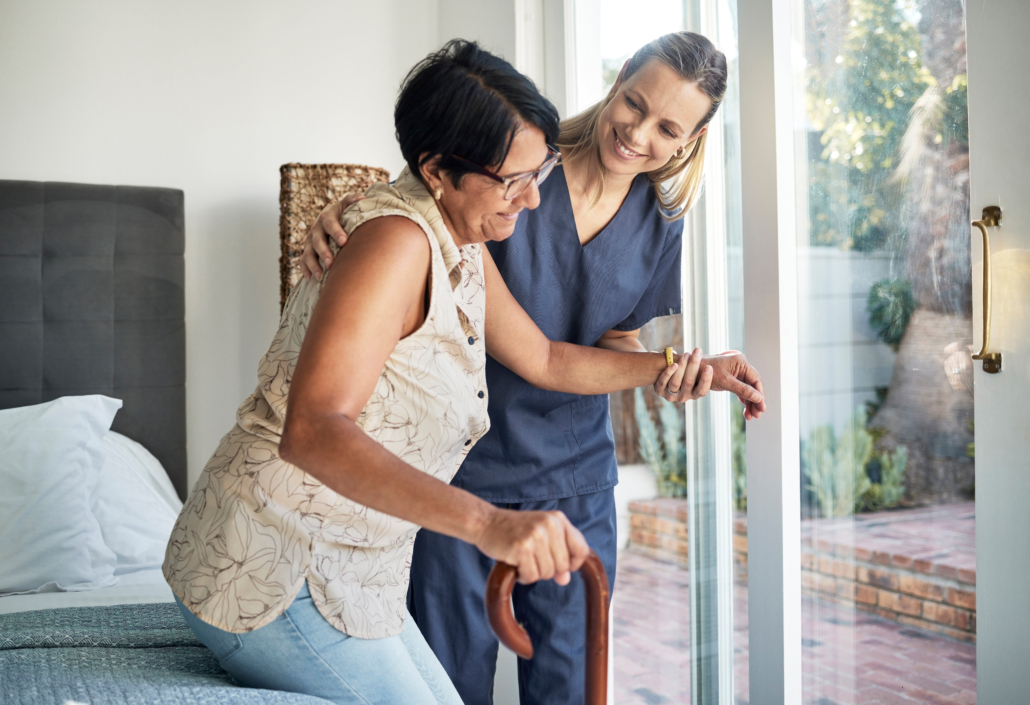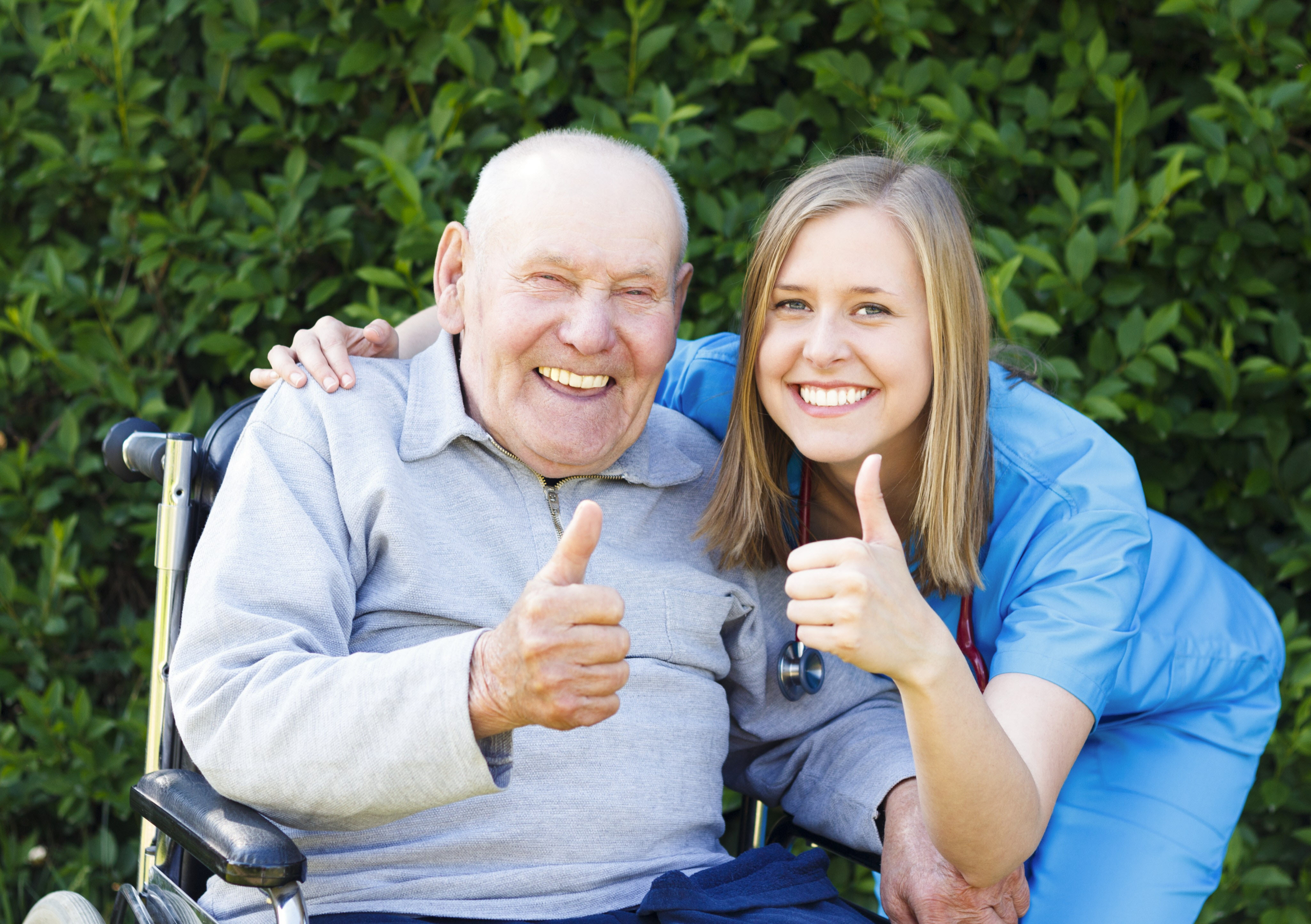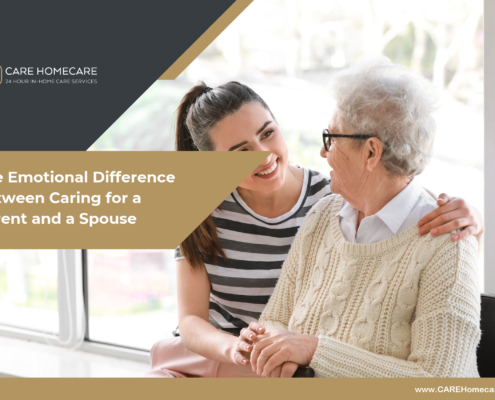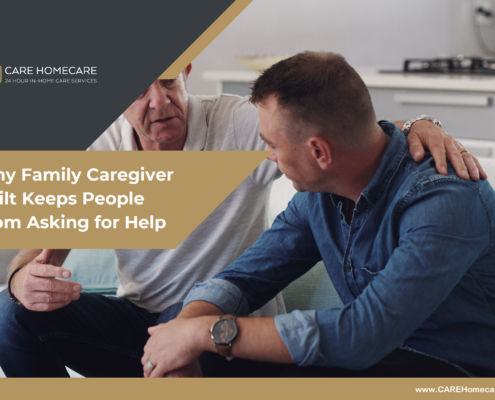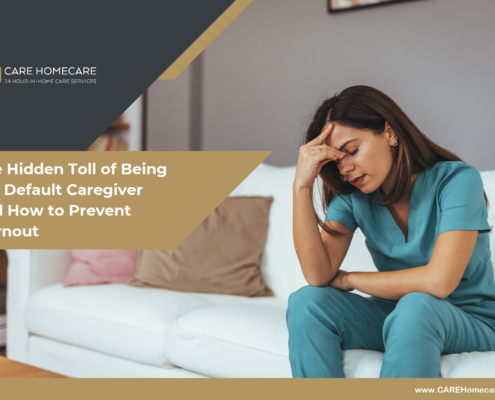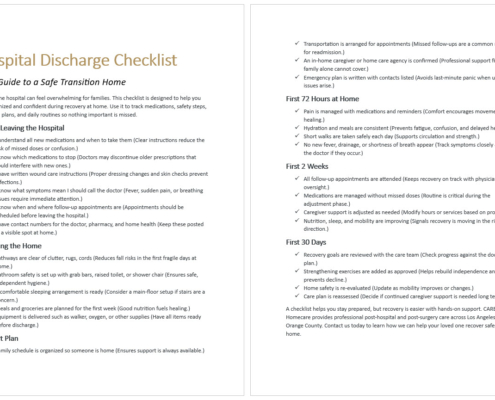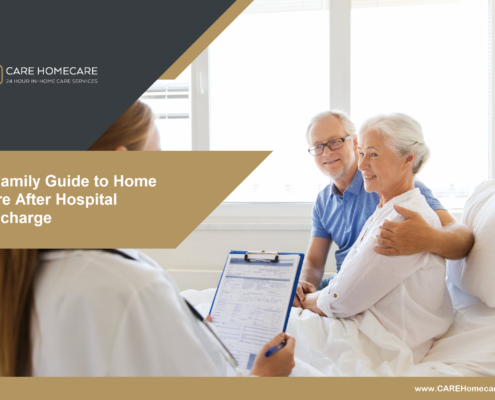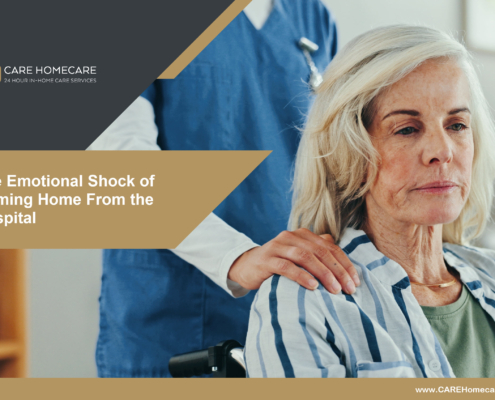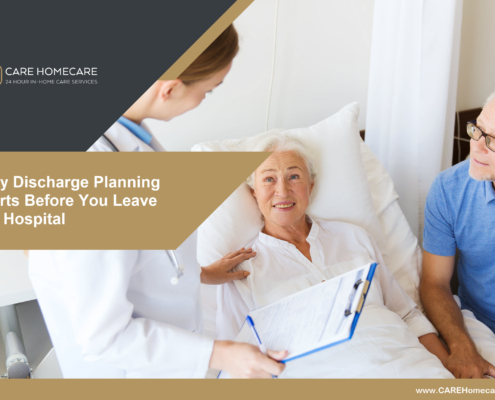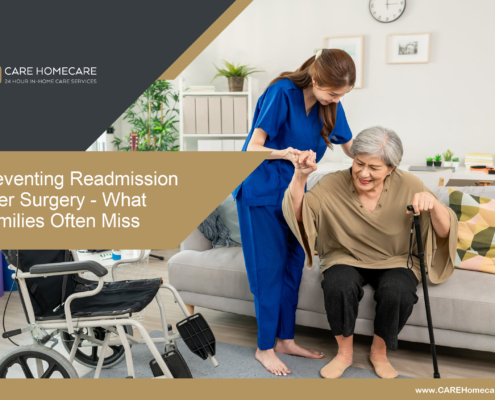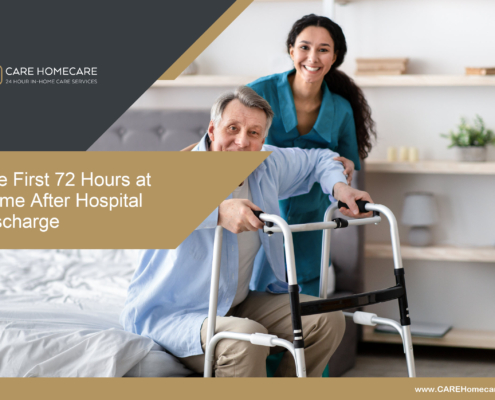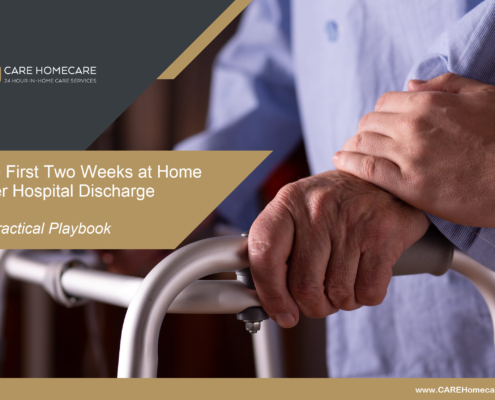Post Hospital Home Care Services
Specialized Home Care Services For After Hospital Discharge
Recovering at home after a hospital stay is one of the most important stages of healing. Whether your loved one was hospitalized for surgery, illness or a fall, the transition back home can be overwhelming without the right support. Families often find that everyday tasks like preparing meals, remembering medications and getting to follow-up appointments become major challenges when someone is regaining their strength. That is where post hospital home care makes a difference.


